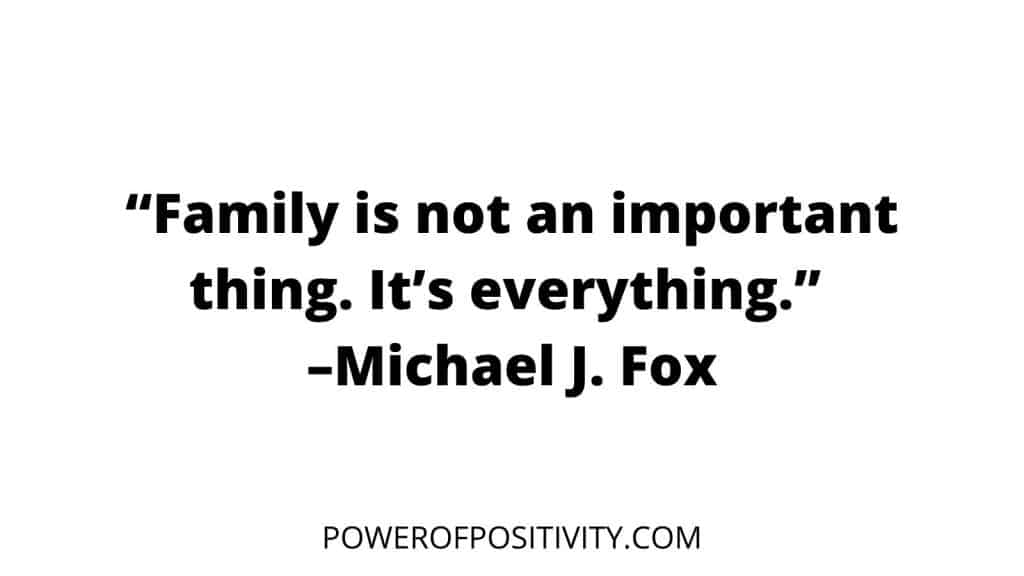You’ve probably seen and laughed at movies like Dennis the Menace or Problem Child. Everyone knows about the disruptive kid who seems to march to the beat of their own drum, but it’s not funny when you deal with these disruptive behavior issues every day.
When a child is hard to handle and makes your life miserable, there’s a lot more than what meets the eye.
While there could be an underlying medical condition, there can also be some sort of hurt buried deep that they don’t know how to process. Now, you must separate the occasional temper tantrum and outburst from what is a real behavioral issue. According to the Child Mind Institute, emotional dysregulation goes beyond the occasional explosion.
The child who suffers from angry, defiant, or hostile behaviors has something going on that requires your help. You can punish this child and even use creative methods of discipline, but until you know what’s going on, there’s no way to treat it effectively.
Ten Things to Learn from Disruptive Behavior in a Child
 Every parent wants the child that does exactly what they’re told without any backtalk. However, those kids are few and far between. If you’ve raised a child from birth to adulthood, you know that they all have issues. However, some issues are worse than others.
Every parent wants the child that does exactly what they’re told without any backtalk. However, those kids are few and far between. If you’ve raised a child from birth to adulthood, you know that they all have issues. However, some issues are worse than others.
The key is to find out what you can learn from these behaviors. While you may want to run away and never look back, your child cries out for help and needs you. They’re trying to tell you something the best way they know-how. So here are some things to learn from your child’s behavior.
1. They’re Scared
When a child suffers from an anxiety disorder, they don’t know how to tell you they’re scared inside. You know how anxiety feels as it’s a natural part of life. However, it’s also a disorder when your body cannot control or regulate these feelings of impending doom.
The symptoms of anxiety are vastly different in children than in adults, though the feelings are the same. They may present with headaches, stomach aches, or use sickness as an excuse to keep from going to school or other activities. Social anxiety is a big issue in today’s world, and your child might need help and effective coping skills.
2. They’re Angry
Oppositional defiant disorder is one of the most troubling childhood conditions to handle. These children are belligerent, mean, resist authority, and can be impossible to manage. However, these hostile and negative behaviors have more to do with the mind.
Your child could be trying to tell you that they have neurological issues that are affecting their ability to calm down. According to The Mayo Clinic, it takes an entire team of doctors and psychologists to manage this condition, so these behaviors are a sign you and your child need to get help.
3. They Feel So Much Energy They Could Explode
The ADHD child is known for their disruptive behaviors. If you have a kid with this diagnosis, then you’ve probably had plenty of things broken around your home, as well as many trips to the emergency room. Dr. Amy Roy of Fordham University has studied this mental health issue for decades.
She’s discovered that more than 75 percent of children who display hyperactivity, the inability to focus, and impulse control issues meet the diagnosis criteria for ADHD. So, while your child bouncing off the walls and making poor choices can drive you mad, it’s what’s going on inside their little minds that’s the real trouble.
4. They’re Frustrated
Is homework time a battleground at your house? If your child’s temper tantrums almost always happen around schoolwork, then it’s a sign of something much more significant. Learning disabilities are hard to identify in some kids.
How do some children go through school without the ability to read? They become professionals at camouflaging their issues. There could be a problem like dyslexia, a low IQ, or cognitive delays. While you see them become very frustrated and irritable, the crux of the matter is much more profound.
Most parents think they can punish them. However, yelling at your child and demanding them to sit still and do their work isn’t going to resolve the problem. Instead, it would help if you looked at the big picture.
5. They’re Trying to Escape
Sensory processing disorder is very misunderstood. Have you ever had a sunburn that hurt to touch? Having such a disorder is like someone scratching your sunburn. The level of pain you feel is intense, but those around you have no idea the agony.
When you have a processing disorder, you see and perceive things differently. For example, going to the grocery store for this child may be impossible. The bright lights, sounds of the cartwheels twirling about, distant chatter, and the ding of the registers make them feel impending doom. Their fight or flight mode kicks into high gear, and they act out.
Your three-year-old doesn’t know how to tell you that they’re having processing issues, so they have violent temper tantrums and will even scream until they drip with sweat. You’ve seen the mom in the store trying to calm her child that won’t quit crying, and now you know that it may be more than just a discipline issue.
 6. They Need Love
6. They Need Love
A child that needs love can often use disruptive behaviors to get your attention. Think of them as the two-year-old in a playpen that’s screaming their head off, wanting you to pick them up. Whether they’re two or 16 doesn’t matter, they will use their behaviors to get your attention.
Parenting is hard on a good day, but when your child is hurting, they may need to feel your arms around them. A 16-year-old can act out just as much as a toddler, though their temper tantrums are a bit more subdued. People think that 18 is a magic number in raising kids, and they believe that their life will be much easier with them out of the home.
However, you will soon discover that the older the child, the more significant the problems. Parenting is a job that’s for life, and not just until they become a legal adult.
7. They Need Alone Time
Why is time out so adequate for some children? Well, parents often put unrealistic expectations on the child. How many times have you grumbled at them for having a bad attitude, but you have the same grumpy nature too?
Parents need to realize that sometimes children need to be alone to recharge their batteries. The classic introverted child needs that time of solitude so they can calm down. Time out or sending them to their room allows them to take a few minutes, purge the bad from their brains, and start again.
8. They Have Executive Functioning Problems
Does your child go through spells where they’re loud, obnoxious, or have over-the-top silliness? While it’s annoying to you, what they’re trying to tell you is vital. These disruptive behaviors are often indicative of sensory processing and behavioral disorders.
There could also be language or memory issues as well as visual-spatial problems that need to be addressed.
9. They Engage in Disruptive Behavior When Sad Inside
Has your child become extra weepy these days? Do they cry a lot for the smallest of reasons? Those tears can indicate a difficulty like childhood depression. While it seems like an adult problem, the CDC states that 1.9 million children from ages 3-17 suffer from depression.
The symptoms of adult and childhood hopelessness are not always the same. When your child is sad, it can be depression, but it can also stem from not getting enough sleep, being hungry, feeling ill, or anxious.
10. They Can’t Handle Strong Emotions
When your child hits, punches, bites, or smacks another child; they get punished. While disruptive behaviors like this cannot be tolerated, there may be more to the story. Everyone needs coping skills to get through life.
For example, could you imagine what would happen if you hit your boss when he gave you too much work? As you reach adulthood, you develop skills that help you control those feelings. However, your child may be having issues with their anger and keeping it in check.
When you see violent tendencies like these, then it’s time to get them into counseling. While you can expect to see behaviors like these out of a 2–3-year-old child, a teen still doing such things is a cause for alarm.
 Final Thoughts on Disruptive Behavior in Your Child
Final Thoughts on Disruptive Behavior in Your Child
Wouldn’t it be great if children came with a manual where they could look up the issue and instantly find the diagnosis? Sadly, life doesn’t work that way. Instead, parents must become detectives to piece together the clues and determine what’s really going on with their child.
Additionally, part of solving the mystery often means getting their pediatrician and a psychologist involved. When you see your child acting in a manner that is not like their usual self, or their disruptive behaviors have become worse, it’s time to get to the bottom of things.
If you’re unhappy dealing with these behaviors, imagine how miserable your child feels on the inside. Unfortunately, the outward appearance is always a direct reflection of what’s going on inside. Thankfully, there is help available for all these and many other issues that happen to kids.
The post Ten Things You Can Learn From a Child’s Disruptive Behavior appeared first on Power of Positivity: Positive Thinking & Attitude.









